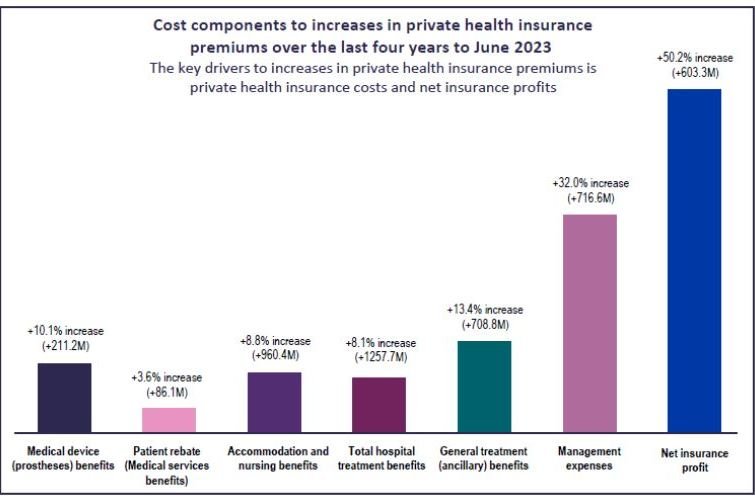The proportion of Australians who suffered from personal fraud was 11% last year (2020/1) – with card fraud, identity theft and scams leading the way – according to data released today by the ABS.
The last year that the ABS released similar data was in 2016 when 8.5% of people suffered fraud loss.
Dean Mitchell, KPMG Forensic Partner, said: “This significant spike in Australians victimised by fraud is driven by more of our daily and business lives being conducted virtually or over the internet, and the increasing sophistication of fraudsters and organised crime gangs attacking Australians online.”
Card fraud remains the largest threat to Australians. A breakdown of reported card fraud shows that a large proportion were unable to determine how their information had been obtained, a hint toward the growing sophistication of fraud schemes.
Dean Mitchell said: “Credit card details are being stolen, criminal gangs, both here and overseas, are stealing our money and many of us don’t know it has happened to us. The criminal syndicates are becoming more coordinated, more secretive and hard to detect”.
Many people reported having information stolen over the internet, highlighting the ongoing risk COVID-19 driven changes to behavour are creating. Remote working is also having an impact on the number of frauds occurring online.
Dean Mitchell said: “Fraudsters coordinate their attacks, often using a scam email or text message to get access to your credit card details or take over your identity. Scams are often the entry point for personal fraud. Scams are the trojan horse, the email or text pretending to be from a bank is how they get hold of your information. Once these criminals have the virtual keys to your life that’s when people are really vulnerable”.
Dean Mitchell says there are five simple steps anyone can take to ensure their safety online:
- Use strong passwords and change them regularly
- Don’t use the same passwords on low security accounts like online games as you do for high security accounts like online banking
- Never give out personal information unless you are sure the person is genuinely who they claim to be
- Avoid giving away personal information on social media, posts which encourage you to share pet names or where you went to school are often scams trying to gather information linked to secure accounts
- Make sure the sender is genuine before following any link sent via email or text
Such is the growing threat of fraud, Mr. Mitchell and KPMG Australia this week launched a podcast series, Forensic Lens, based on ten interviews with experts in the field – including interviews with detectives, psychologists, regulators and board directors – to delve deeper into all aspects of white collar crime.








